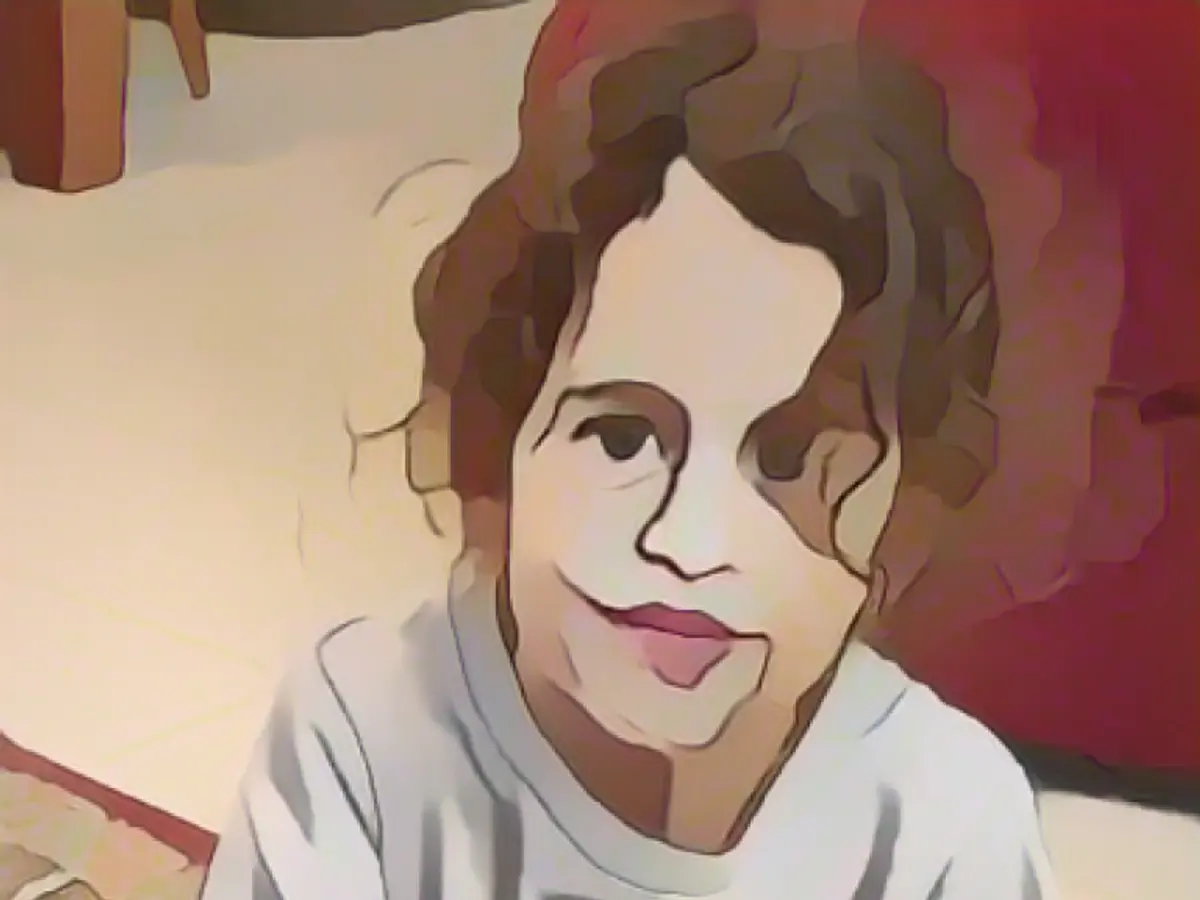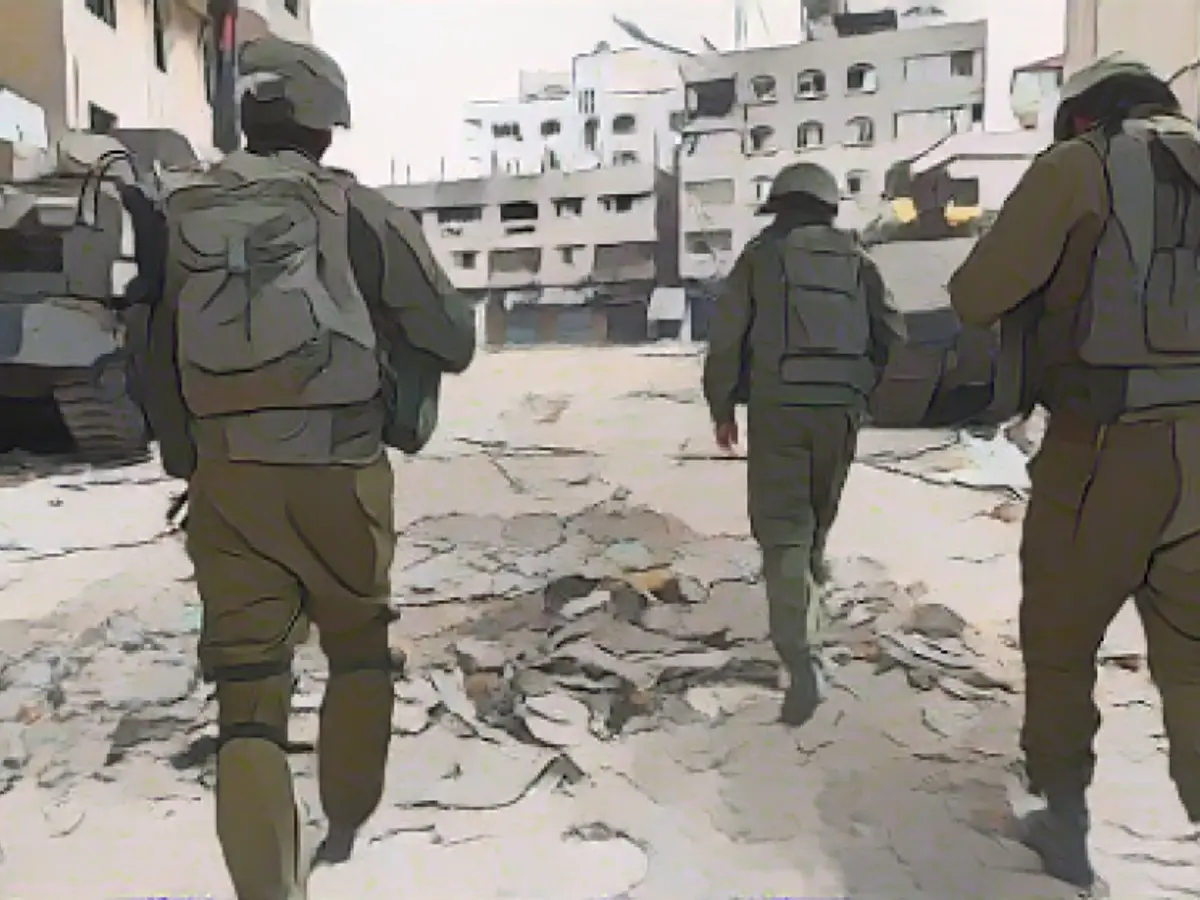Under the Shadow of Conflict: Israel's Hostage Crisis and the Plight of Its Youngest Victims
The Tragic Fate of Little Abigail
The sunrise of October 8 brought an ominous sense of anticipation to the Israeli land. As the day stretched forward, the news of the gruesome murders of a young couple became public. Their three-year-old daughter, Abigail, was taken hostage by the hands of Palestinian terrorists. Little did she know that this grim beginning would cast a long shadow over her innocence.
The hostage deal between Israel and Hamas is about to commence. At 6 a.m. German time, the Israeli military operation in Gaza will temporarily pause, marking the release of the first 13 hostages in the afternoon. This deal involves the exchange of approximately 50 Palestinian prisoners, including convicted terrorists, for the hostages.
The Sorrowful Silence
What is particularly heart-rending is the directive given to Israeli soldiers -- a silent wall between them and the child hostages. They must refrain from answering when the young victims ask about their parents. Many soldiers are unaware of their parents' gruesome demise at the hands of the terrorists. Little Abigail is not an exception to this rule.

The Burden of Trauma
Trauma and its lingering effects paint a stark picture of the suffering that has engulfed Israel since October 7. The gravity of the situation is further illustrated by the instructions given to Israeli soldiers. They are instructed to gain the consent of children who are unable to walk under their own power before lifting and carrying them. The Israeli Ministry of Health assumes that these children are so traumatized that even the slightest human touch could trigger their deepest fears.
A Dangerous Ceasefire
While the Israeli government believes the deal with Hamas is necessary, experts claim it comes with significant risks. The Islamic terrorist organization Hamas will use this truce to rebuild its command structures, replenish supplies, and position their fighters strategically. This will make the Israeli troops' advancement even more challenging, and it could also put remaining hostages in even more dangerous situations.
Enrichment Insights
The psychological well-being of child hostages is of prime concern in this hostage situation. Research studies indicate that hostage survivors, including children, often suffer from trauma and stress reactions such as shock, numbness, anxiety, and depression. Some children have experienced physical abuse, including beatings and drug use to keep them calm. The trauma faced by these children can lead to severe and lasting mental health issues, requiring extensive rehabilitation and psychiatric support.
The Broader Humanitarian Crisis
The broader humanitarian crisis in Gaza has affected thousands of children, who have lost their homes, been separated from their families, and face displacement and malnutrition. The conflict has also disrupted children's education and shattered their dreams of a normal life. The international community is urged to address the plight of these children by advocating for a permanent ceasefire and enforcing a ban on weapon sales to Israel until it ceases its violations of international law.
In conclusion, the tragic situation of child hostages in Gaza underscores the necessity of a comprehensive and empathetic approach to the Middle East's conflict. The Israeli government, Hamas, and the international community must focus on the well-being of the children affected by this crisis and take measures to ensure their recovery and protection.








